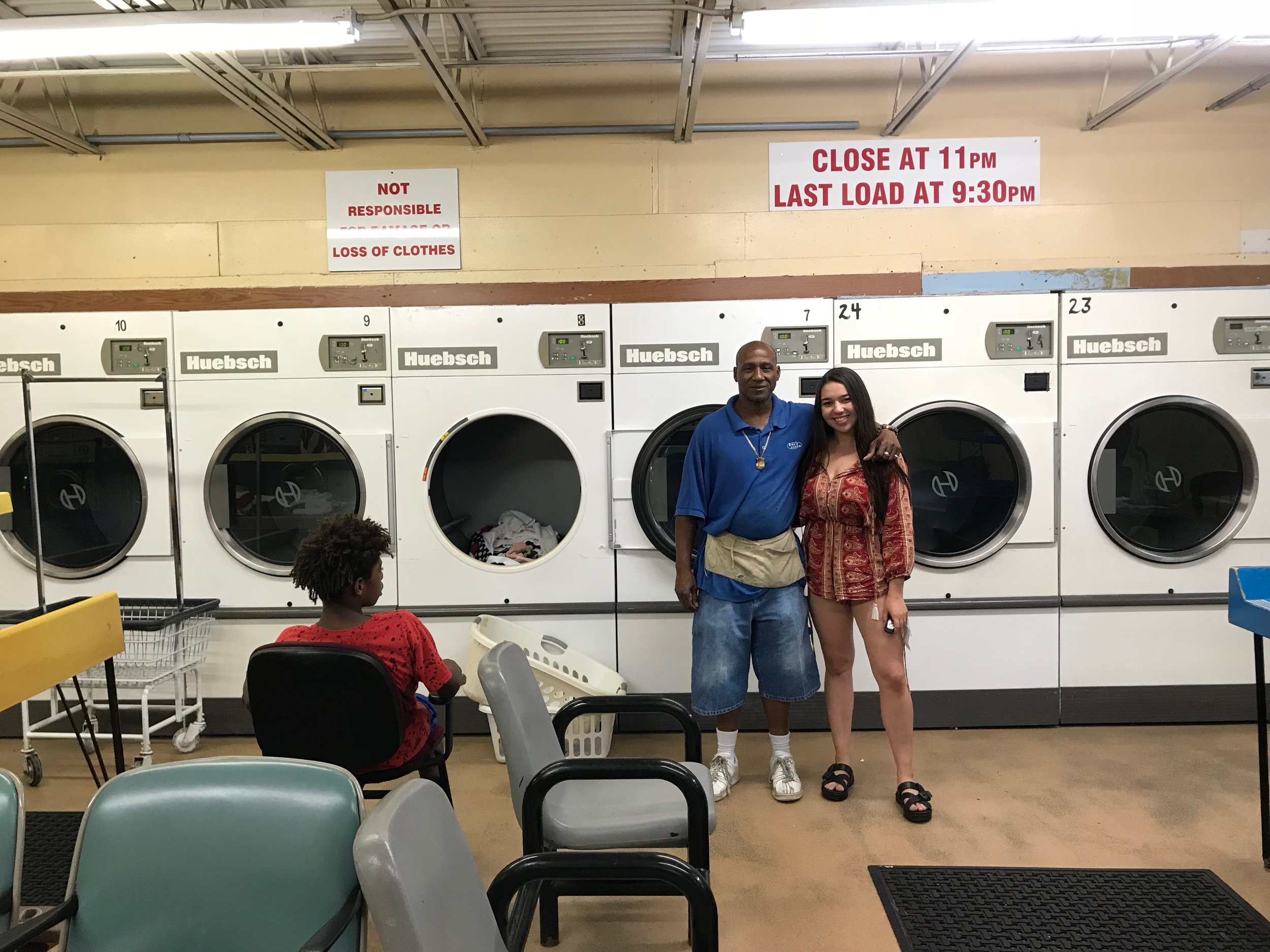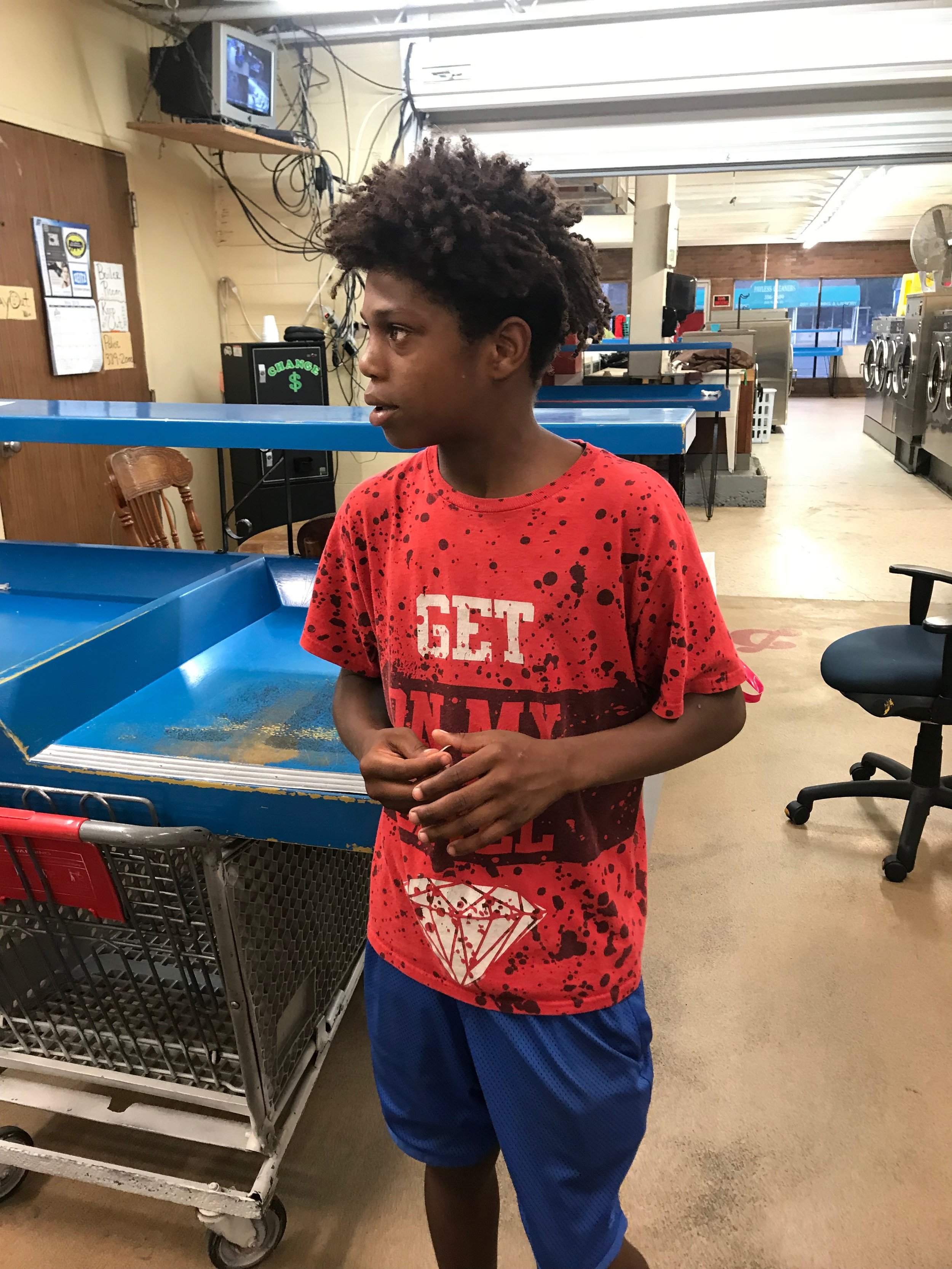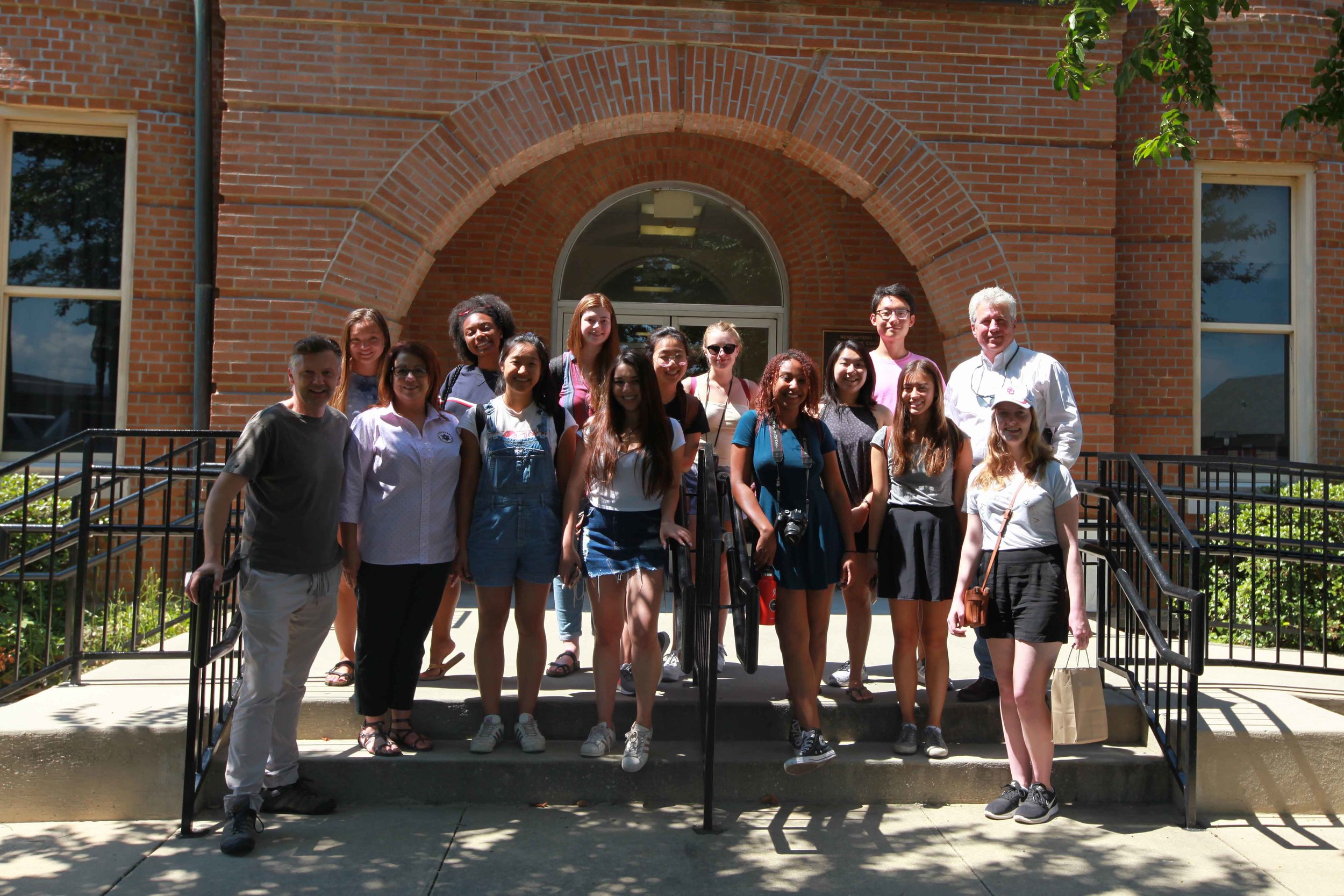“Travel is fatal to prejudice, bigotry, and narrow-mindedness, and many of our people need it sorely on these accounts. Broad, wholesome, charitable views of men and things cannot be acquired by vegetating in one little corner of the earth all one’s lifetime.”
Professor Chater shared this quote with the class to remind us all about the importance of what our Maymester is at its core. Studying a place, its people, its history, and culture and being guided by the fiction that is not only quintessential, but revealing to places and people that have been overlooked and under appreciated. Nothing changes your perspective on life more than experience itself, and I can say without a doubt that visiting a small town called New Roads, changed mine forever.
Nestled about two hours outside of New Orleans is quaint little town that encompasses the very essence of southern hospitality. The town is called New Roads but is the inspiration for the fictitious town in Ernest Gaines novel, A Lesson Before Dying. Something particularly fascinating about the bookpacking experience is the unpredictable nature of it— we are guided to places because of the novels we read, however, once we get there everything that happens is exciting and unexpected. During our visit, we were fortunate enough to have the opportunity to visit the courthouse and jail cells described in the novel. A novel which tells the story of Jefferson, a twenty-one year old uneducated black field worker who was wrongfully accused and convicted of the robbery and murder of a white man, and sentenced to death by electrocution. Grant Wiggins, a teacher who was given the enormous task of teaching young Jefferson to be a man, questioned
“How do people come up with a date and a time to take life from another man? Who made them God?”
The experience was extremely emotional and stirring for our group to endure, however, it grounded the novel in history and brought to light the reality of the otherwise fictitious story. Walking through those cells and seeing the prison grounds makes you realize that this was the reality that people used to face, and also reminds us that America, though marketed as the land of the free, houses around 22 percent of the world's prisoners even though the United States only represents about 4.4 percent of the world's population.
Thankfully, the world slowly but surely has undergone change and is overdue for more to occur. One of the most important things Grant ever taught Jefferson was this:
“I think it’s God that makes people care for people, Jefferson. I think it’s God that makes children play and people sing. I believe it’s God that brings loved ones together. I believe it’s God that makes trees bud and food grow out of the earth.”
Life is about relying on God, and forming human connections and bonds with one another that carry our hopes for love, joy, and celebration. These relationships open our eyes to the wonder of the world and inspire us to open our hearts to loved ones and friends, to savor each moment as it passes, embrace all that life has to offer, and to celebrate the joy of everyday. Grant’s sentiments to Jefferson remind us that life is rich, beauty is everywhere, and that every personal connection has meaning.
There were people along the way that reinforced these beliefs, and I’ll start with telling you a bit about Cotton Roy. Cotton Roy works at a laundromat in Baton Rouge, and very quickly became a friend. As I did my laundry and chatted with Roy, a young boy stumbled in whom Roy introduced as his adopted grandson. He was late for work so Roy began teaching him about the value of hard work, and earning your money instead of just having it given to you. Roy put a hand on his shoulder, stern but kind, and told him that he won’t be there to give him things all the time, so thats why he has to learn and train his body to work hard to achieve what he wants out of life. On my way out, I offered to give the kid a ride home. He was sweet, but already accustomed to a life that Roy so desperately wanted him to escape. He asked me for money and to buy him some cigars after telling me he was about fifteen years old, an obvious lie considering he didn’t look a day over twelve. It made me think of how Grant felt when he was contemplating whether his teaching affected or changed his students lives in any way, and I wonder if Roy feels that way towards his “adopted grandson.”
“And I thought to myself, What am I doing? Am I reaching them at all? They are acting exactly as the old men did earlier. They are fifty years younger, maybe more, but doing the same thing those old men did who never attended school a day in their lives. Is it just a vicious circle? Am I doing anything?”
Another meaningful connection was our meeting in New Roads with Sheriff Bud Torres, who is probably the only head of law enforcement that simultaneously has record deals in Nashville. Sheriff Torres was extremely welcoming to our group, tracing back his family history to Spanish and French settlers in the 1590s, giving us a private concert to showcase his awesome music, and even signing his picture for us to keep as a souvenir. Sheriff Bud even wrote a song about Grand Isle, which was the first stop on our adventure, and said he wishes he would had known we were there so he could have come and sung us some country songs by the water. Since I’m newly into country music, I was ecstatic to have another artist to add to my music playlists— especially one as great at Bud!
After leaving the courthouse with a smile plastered on my face, I stumbled in to what looks like a mom and pop pharmacy, or “maw maw and paw paw” rather. Immediately me and three others were greeted by the most charming old southern gentlemen I have ever met. After a few minutes of getting to know each other and answering the classic “what are you here for? where are you from? and what are you doing?” questions, Raymond urged us to visit one of his camp sites just steps away from the pharmacy, and even offered to have his son show us around. Nelson, who Raymond likes to refer to as Prince Harry, joined us on the water and gave us a tour of one of his dad’s five campsites on the False River. The town was peaceful and beautiful, but I couldn’t help but wonder what people did when they got bored. Nelson explained, they spend a lot of time fishing, boating— which includes wake-boarding, tubing, jet-skiing, etc., and when they're tired of that, they like to go out to Mississippi where they have hundreds of acres of land, and hunt. A complete different world from what I’m used to… I’ve never fished let alone hunted! Nelson offered to take us out on his boat, before knowing how big our group actually was, but when I told him there were thirteen of us, he replied the more the merrier. You always hear about Southern hospitality but you don’t actually expect to encounter it to such an extent and experience such warmth and kindness from strangers, especially coming for Los Angeles where everyone is just eager to connect with you on Linkdin, instead of in real life.
Nelson, Raymond's son
Raymond
I’m grateful to Dr. Gaines and his novel for bringing us to this wonderful place, and of course, to Professor Chater for organizing an opportunity for our group to meet with Dr. Gaines in his home and to ask him questions about his life and work. Dr. Gaines said
“I wouldn’t be a writer if I didn’t go to California, they weren’t gonna educate me here…my body and mind were there [California], but my soul stayed here [Louisiana]”
These interactions with places and people, all teach a lesson in themselves, overwhelmingly that life is about relationships and about caring for each other, and the unique personal journeys and experiences that we all endure. This maymester, cliche as it may sound, offered a valuable lesson on living. Through the adventures, experiences, and friendships that we have made along the way, we have all learned more about ourselves, each other, and life.
Class photo with Dr. Gaines








